Student Blog
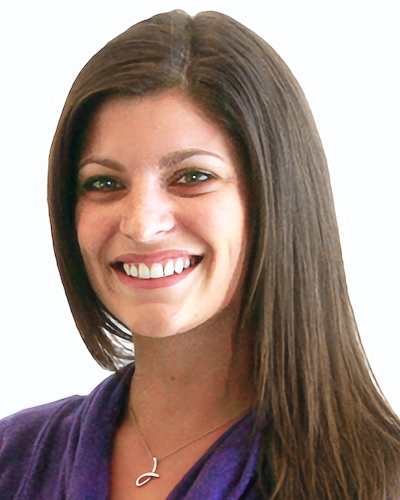
Explaining Occupational Therapy ⟩
October 5, 2013, by Jen
When someone asks me “What is occupational therapy?” I want to respond “Do you have a minute or an hour?” Occupational therapy is an amazing field, but defining occupational therapy can be a challenge at times. Occupational therapy is a health profession that focuses on the meaningful activities that OCCUPY a person’s day. For example, the meaningful activities that occupy my days typically include waking up and preparing breakfast for myself, driving to school, learning from my professors and peers, working as a student ambassador after class, and engaging in social events with my friends in the evening. If I suddenly was unable to complete these various occupations independently (whether due to an illness, disease, stressful event, etc.), I might seek out the care of an occupational therapist who would evaluate and treat me so that I may participate more fully in my life. For more information on defining occupational therapy, I recommend checking out the American Occupational Therapy Association website.
⋯
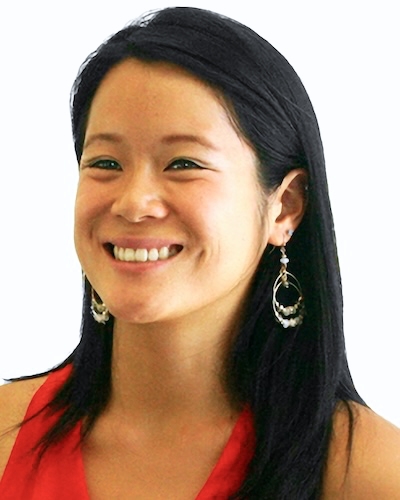
Whirlwind Week ⟩
October 4, 2013, by Clarissa
Oh, what a tornado of a week! We started off with a midterm on Monday for Health Promotion and Wellness, I made and brought in a fine motor toolkit and took a midterm yesterday for Pediatrics, and the write-up for the fine motor toolkit is due midnight tonight! Of course, I miscalculated my exams and assignment due dates and bought tickets to Mickey’s Halloween Party at Disneyland the weekend prior to this craziness. It’s my planner’s fault really.
On a positive note, making my fine motor toolkit was such a fun project! I had a great time creating activities with toys and objects to help kids at my fieldwork site develop fine motor skills. I can’t wait to try out my toolkit on them during our full week of fieldwork next week. I also worked at a launch event last week for Interacting with Autism, an online resource with documentary-like videos that invites website visitors to interact with various topics. The launch event was so cool! There were various poster presentations, lectures, and musical performances by the Miracle Group which is a fine arts program for children with autism. I was so impressed with their musical abilities!
All right, it’s time to go back to the grind. The important thing is that that I’m somehow surviving this madness, thanks to caffeine, great study buddies, fun assignments, and epic study breaks. Now, if only those study breaks didn’t include running into my nemesis yet again.
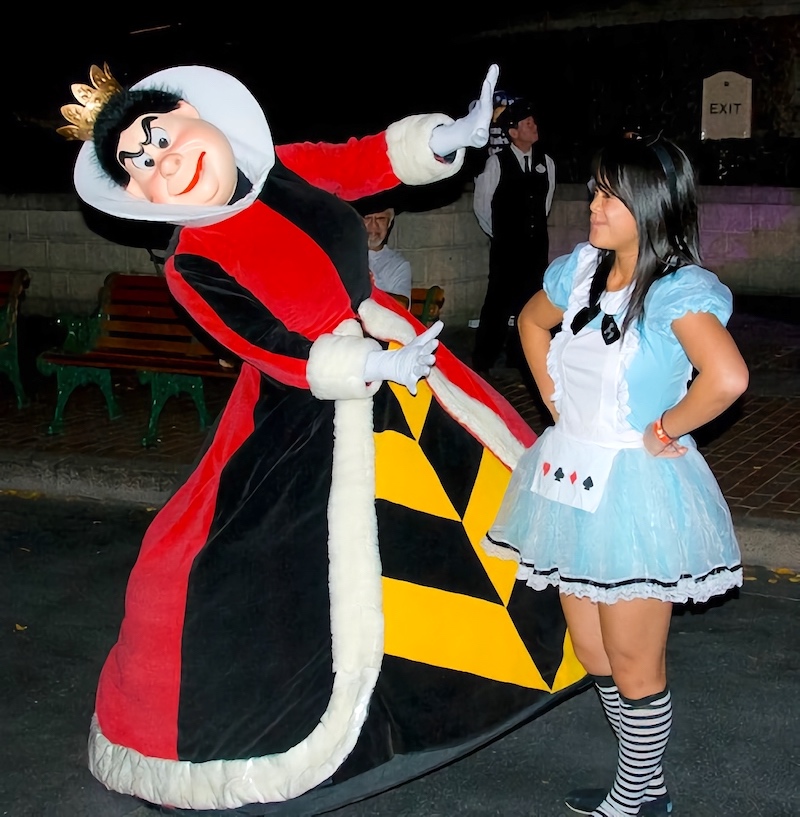
⋯
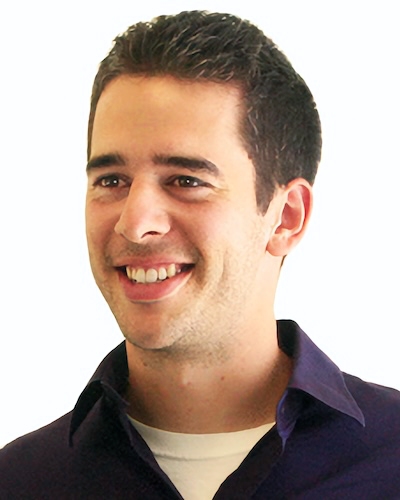
Night with a legend ⟩
October 3, 2013, by Rob
USC has a program called Visions and Voices that “features theatrical productions, music and dance performances, film screenings, lectures and workshops” in an effort to “affirm the human spirit.” I don’t know about all that, but what I do know is that because of this initiative, I got to see a rocking concert put on by Elton John!
Tickets for all these performances are free, so you can imagine the number of entries into the lottery for the limited seating available at Bovard Auditorium on the University Park Campus. I was one of the unlucky majority to be placed on the wait list, but decided to show up early anyway hoping for enough extra tickets to get a seat. There was already a long queue, but I sat down and read a book for several long minutes before making friends with a few freshman behind me. They were about to leave (a huge mistake!), so I decided to teach them how to juggle.
We were about 70 or 80 people back in line and, right before the show began, they finally started letting people in 10 at a time. When we were about five people from the front they stopped us and we got worried that they ran out of tickets. Turned out they were collecting their few remaining VIP seats and my two new friends and I ended up with orchestra-level tickets! What a rush.
And did I mention all these events are completely FREE!?
Elton John was still rocking the house at age 66. He played a bunch of older songs and the place was jumping. In the middle of the program, they did a brief sit-down interview with him, where he shared a lot of old stories as well as some of his feelings about new music and his new album. Then he played some songs from that album and finished things off with a bang. As “Rocket Man” echoed in my head, I burst out from the auditorium and happened to run into my two new friends. We shared a hug and they were clearly ecstatic, yelling out “This is why we go to USC!”
One of the many reasons why.
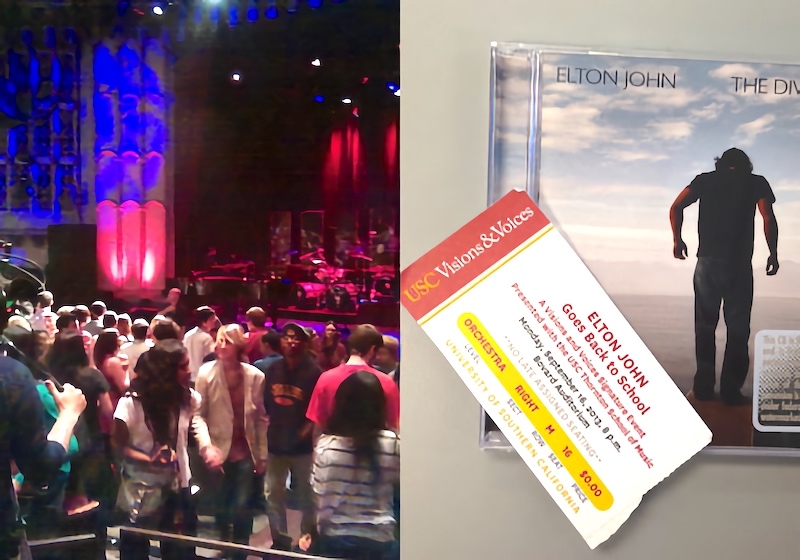
⋯
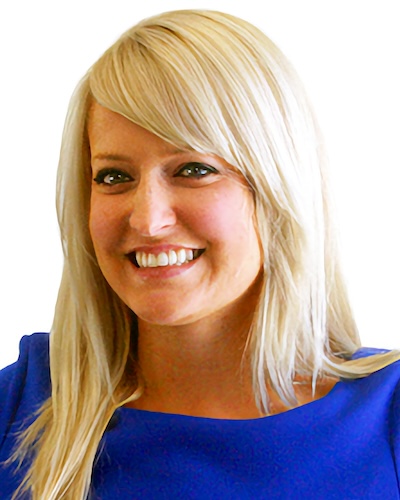
Talking to Undergraduate Students ⟩
September 30, 2013, by Kate
Community Living in LA What are OS/OT?
Today I had the chance to go talk to some of the undergraduate classes at USC about the field of occupational therapy. It was so great to be back on the University Park Campus (most of the master’s classes are on the Health Sciences Campus, which is northeast of downtown). Since I graduated in 2006 I have gone back for football games and other special events. But it was really neat to be back here on a Monday, going to a class with undergraduate students, and telling them about my new career path and passion.
It is so easy for me to share my love for all things USC and now for all things occupational therapy. Sometimes I wish it was easy for everyone to feel the same feelings!! I know everyone has their own path and journey in life, however. It’s just very exciting when I see other young minds at one of the greatest universities in the country working towards something greater than themselves. I asked the class the question: “After you graduate, what do you want out of a job?” It warmed my heart to hear the first thing out of multiple students’ mouths was “I want to make the world a better place,” and “I want to be fulfilled.” And I know USC and the occupational therapy program can give students what they want out of a career. What can I say? USC and OT have my heart!!
⋯

All Work and No Play? No Way! ⟩
September 27, 2013, by Clarissa
I have two midterms and my fine motor toolkit for the pediatrics immersion due next week, so this week has been madness with studying, various extracurriculars, and fieldwork. I enjoy everything I do, though, which at least makes it merry madness.
I’m having a great time at my Level I pediatric fieldwork site. I am currently placed in a school-based setting and see children in various elementary schools throughout the day, as well as in clinic. This week, my clinical instructor reviewed my ideas for my fine motor toolkit and I was mind-blown by how creative pediatric occupational therapists can get with simple, everyday objects. Am I going to become that creative?
It also definitely helps relieve midterm stress when fun is incorporated into our curriculum! Since play is a major occupation for children, we do activity analyses of play to learn about treatment strategies utilizing play as motivation. For us, this means learning while playing! Whoever said classroom time has to be all work and no play?
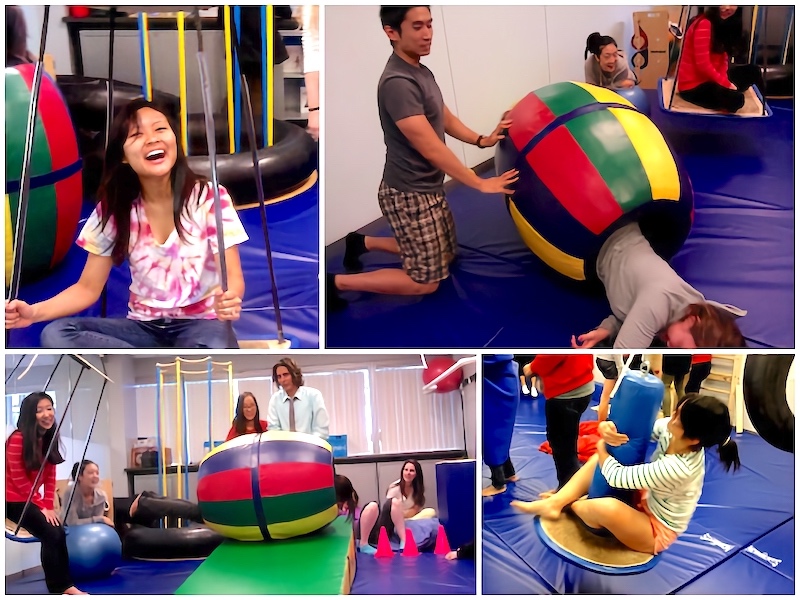
Students in pediatric lab
⋯





